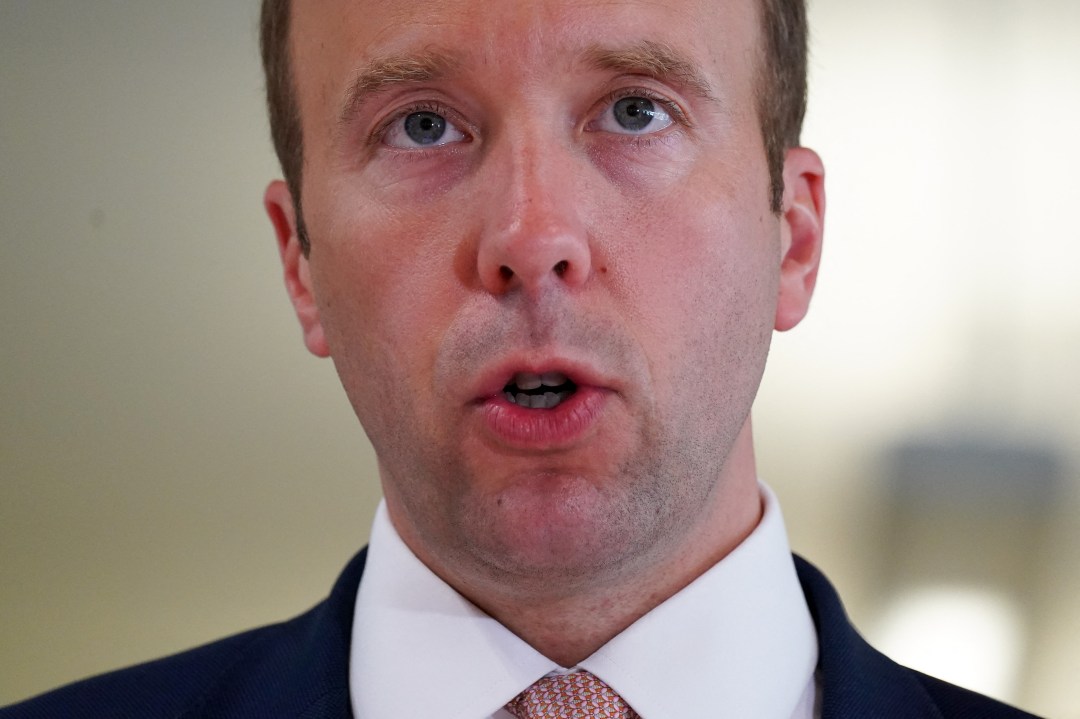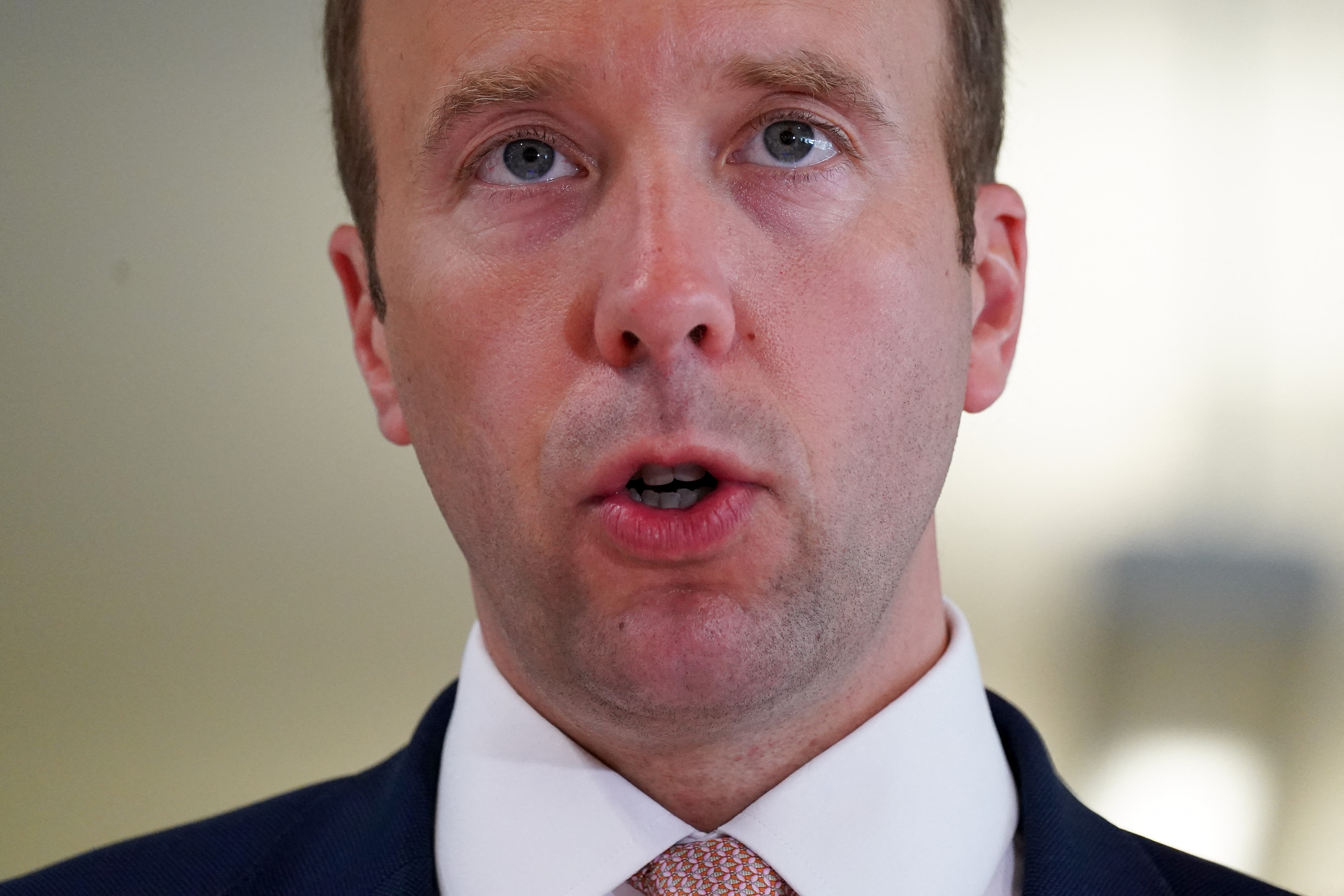‘Speechless,’ was Matt Hancock’s reaction when told about Professor Neil Ferguson’s lockdown breaching liaisons on 6 May last year. The Health Secretary added that he thought Ferguson was right to resign from Sage — and that it was a matter for the police whether or not to prosecute the professor.
Will Hancock now be following Ferguson’s example and resigning?
It is perhaps just as well that Hancock didn’t come up with any more quotable remarks as they would now certainly be quoted back at him following the publication of photographs of him embracing aide Gina Coladangelo — apparently on 6 May this year. It raises two questions: does 6 May have any significance in the pagan calendar as a date for our leaders to engage in fertility rituals? And, perhaps more seriously, given that this was two weeks before the rest of us were allowed to hug people outside our own household, will Hancock now be following Ferguson’s example and resigning?
But hang on a minute: did Ferguson really resign from Sage and if he did how permanent was his resignation? The latest list of participants in Sage, which was updated on 18 June, includes one Professor Neil Ferguson of Imperial College London. He is not listed as having attended any meetings of the body up until 9 June — the latest for which minutes have been published — but clearly he is back in the frame.
But then did he ever really go away? As was revealed here in December, while Ferguson made a public resignation from Sage, he apparently continued to advise the government as a member of Nervtag (New and Emerging Respiratory Virus Threats Advisory Group), attending meetings from June 2020 and throughout the rest of the year. Moreover, modelling from his team at Imperial College has been included in several reports by the SPI-M committee which have been used to influence the government on Covid restrictions over the past year. Not for the first time in modern political history, a resignation appears to have been followed by something rather less than John Profumo’s long rehabilitation at Toynbee Hall. Nowadays it tends to amount to no more than a few months in the sin bin.
Leave aside the issue of the usefulness of Ferguson’s modelling — as I have written here before Imperial College has used remarkably low assumptions for the efficacy of Covid vaccines, AstraZeneca especially — Ferguson’s quiet rehabilitation would appear to be convenient for Hancock in the midst of his own personal difficulties. If the professor can be allowed to get away with a liaison, why not the Health Secretary? It remains to be seen how the Prime Minister — who was certainly not speechless about Hancock’s talents in his communications with Dominic Cummings — will react. Then again, any move from Boris Johnson to sack a minister on the grounds of an alleged affair would raise issues of pots and kettles.








Comments